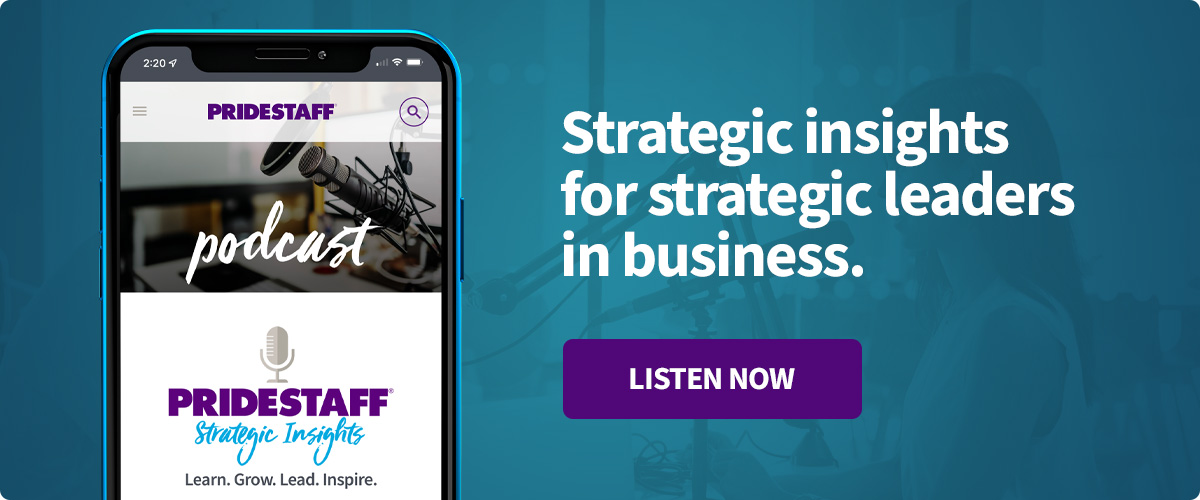Start the Fight Against Retention Issues by Reskilling Managers

The Great Resignation is something that many employers are dealing with right now. In the latest wave, 4.3 million people quit their jobs in December of 2021, as reported by the Labor Department’s Job Openings and Labor Turnover Report. This trend is expected to continue in the new year, as workers reevaluate the role of work in their lives.
The pandemic changed the work world forever. It’s becoming clear there is no going back to “normal.”
What does that mean for employers?
Change.
It’s common knowledge that it costs less to retain workers than to recruit, hire, and train new ones. Employers must adapt to the changing workforce and learn new skills to retain workers in this new working world. Retaining top performers in an increasingly tough labor market is crucial. Employers who develop a flexible mindset and reskill their leadership teams to meet the changed needs of their employees will earn the loyalty and satisfaction of workers.
What is reskilling?
In employment, reskilling generally refers to workers receiving new training or experience to take on a new role within an organization. Cross-training workers in multiple skills so they can function in varied roles creates a more versatile organization.
Reskilling as it relates to managers in today’s workforce takes that concept up a level. To learn new skills and become better at their role, managers must first identify what has changed and let go of trying to return to previous models of productivity.
Here are ways that reskilling managers can make a difference in retention:
Better leadership.
During the pandemic, many assumed that work would eventually return 100 percent on-site. With the rise of new Covid-19 variants that seems less likely to happen anytime soon, and workers have made it clear they prefer remote and hybrid work. Employees want—and need—to meet the demands of their personal lives as well as their work lives. Remote and hybrid work environments are much different from in-person environments, and managers who learn new communication, collaboration, and innovation skills will be better able to lead their teams.
More employee satisfaction.
Skilled managers create happy and loyal teams. When managers learn to engage and connect with hybrid and remote teams, morale improves. Team leaders also experience more job satisfaction as they work toward new goals and develop new skills that benefit their careers.
Increased productivity.
Flexibility is key for today’s employees which means employers need to let go of the pre-pandemic 9-to-5 mindset. Managers who lead for outcomes and care less about how and where the work gets done will be better leaders for the emerging workforce. Learning to recognize assumptions about pre-pandemic work processes and innovate to engage and motivate teams will lead to more productive employees.
Improved culture.
Out with the old and in with the new! Workers have changed, and managers who recognize this and see it as an opportunity to break down barriers and create connections among team members will create more cohesive teams. It isn’t easy to break out of comfort zones, especially after the isolation of the last few years. However, managers who learn skills that help them respect other points of view, lead with empathy, and encourage diverse opinions will build a better work culture with happier, more loyal employees.
Learn more about improving retention:
2022 Retention Success: 4 Ways to Improve Your Employees’ Work-Life Balance
Partner with PrideStaff to improve employee retention.
As a leading national employment and staffing agency, we provide flexible staffing services to:
- Prevent overwork and burnout
- Allow your core team to focus on their most essential tasks
- Improve employee work-life balance
Contact your local PrideStaff office today to learn more about how to reduce turnover and build a happier, more loyal team.




